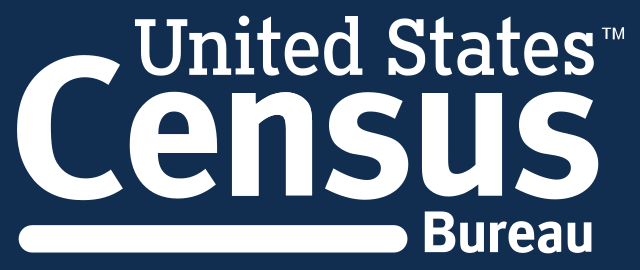Welcome to the DCTC Library's Statistics course guide. On this page you will find helpful information about the research and writing process, including links to help you evaluate and cite your sources.
The 2nd page has information about the resources in our library and how to find them using our catalog.
The 3rd page is a gateway to the Library's best online resources and web sites for this course, including some tutorials for these resources.
Let's get started!

Abraham Lincoln famously said you shouldn't believe everything you read online. And 82% of all statistics are made up.
There's a lot of misinformation out there. Digital literacy expert Mike Caulfield developed the SIFT method to help students evaluate information and make better decisions about what sources to trust:
Stop
Investigate the source
Find better coverage
Trace claims, quotes, and media to the original context
Here are more guides to help you evaluate sources of information:
- Criteria for Evaluating Information (Otis College of Art and Design)
- Evaluating Information (Johns Hopkins University)
- Evaluating Resources (UC Berkeley)
- Evaluating Sources of Information (Purdue University)
- Online Verification Skills with Mike Caulfield (YouTube)
There are different styles for citing the sources you use in your assignments. Your instructor will let you know whether to use APA, Chicago, MLA, or some other style. Here are some introductory guides to these styles from the Purdue Online Writing Lab:
- Purdue OWL: APA Formatting and Style Guide
- Purdue OWL: Chicago Manual of Style 17th Edition
- Purdue OWL: MLA Formatting and Style Guide
Our catalog and databases provide citations for the books, videos, and articles you find in them. Just look for a link that says Cite or Citation, then select the appropriate style. It's easy to copy and paste citations into your bibliography!
"Plagiarism includes, but is not limited to, the use, by paraphrase or direct quotation, of the published or unpublished work of another person without full and clear acknowledgment. It also includes the unacknowledged use of materials prepared by another person or agency engaged in the selling of term papers or other academic materials."
This definition of plagiarism comes from page 1 of DCTC's Student Code of Conduct. See how easy that was?
Citing your sources is an essential step in the research process. This allows others to verify your information and gives credit to previous researchers and writers for their hard work.
The Center for Student Success offers tutoring to all DCTC students, including help with writing your paper and citing your sources. You can schedule an appointment by calling 651-423-8420 or visiting room 2-101.
Use our catalog, OneSearch, to find the books and videos on our shelves, plus ebooks and streaming videos.
The best way to begin your search is to enter one or two keywords on your topic. To narrow your results, use the Modify My Results options on the left side of the screen. You can also click on a relevant title and click on one of its subject headings to focus your search on that particular topic.
Please ask a librarian if you need help locating anything you find in our catalog.
If we don't have the book, video, or article you're looking for, you can request it via interlibrary loan (ILL) and it will come to you. It's easy! E-mail library@dctc.edu to let us know what you're looking for and we'll do the rest.
Our collection is organized by Library of Congress call numbers. If you like to browse, most books about statistics are shelved in the QA276 call number range. Ask a librarian if you need help finding anything.
Here are just a few of our books about statistics:
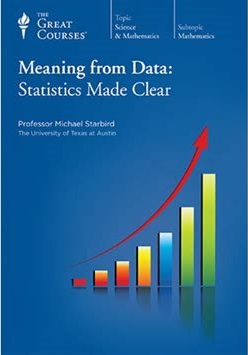 If you learn easily from watching videos, check out Meaning from Data: Statistics Made Clear. This video series from The Great Courses includes 24 half hour lectures on 4 DVDs, plus a 160-page course guidebook. You'll learn all about statistics and real world applications in sports, insurance, elections, and more.
If you learn easily from watching videos, check out Meaning from Data: Statistics Made Clear. This video series from The Great Courses includes 24 half hour lectures on 4 DVDs, plus a 160-page course guidebook. You'll learn all about statistics and real world applications in sports, insurance, elections, and more.
Behind the circulation desk we have our Course Resources collection. These are books and videos that instructors have asked us to reserve for certain classes. Books and videos for Statistics include Elementary Statistics Using Excel, Videos on DVD for the Triola Statistics Series, Elementary Statistics, andStudent's Solutions Manual for Elementary Statistics. These must be used in the Library, except with permission from your instructor to check them out overnight. Ask a librarian if you have any questions.
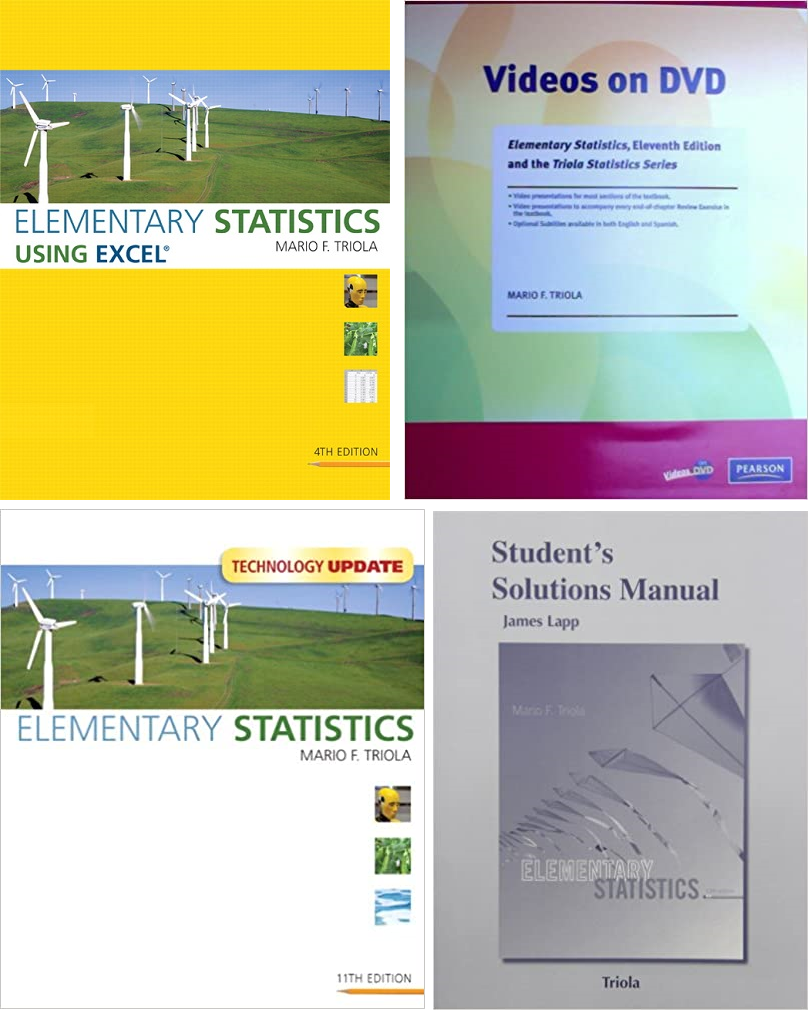
You can often find statistics from the real world in magazine, journal, and newspaper articles. There are millions of full-text articles in our EBSCO, Gale, and ProQuest databases. The best way to begin your search is to enter one or two keywords on your topic. Each database is different, but there will be ways to limit and focus your results so that you find the most relevant and useful articles available.
 Our EBSCO databases are an excellent place to start your search for magazine and journal articles.
Our EBSCO databases are an excellent place to start your search for magazine and journal articles.
 Our Gale databases are another great place to find magazine and journal articles.
Our Gale databases are another great place to find magazine and journal articles.
 Search hundreds of U.S. newspapers, newswires, and news sites with ProQuest U.S. Newsstream.
Search hundreds of U.S. newspapers, newswires, and news sites with ProQuest U.S. Newsstream.
Please visit the Library or e-mail library@dctc.edu if you have any questions about our online resources or if you'd like help finding articles on your topic.
The U.S. Census Bureau provides a vast amount of demographic and economic data at local, state, and national levels.
QuickFacts provides statistics for all states and counties and for cities and towns with a population of 5,000 or more.
The Census Bureau produces economic data across the entire economy on a monthly, quarterly, yearly, and five-year basis, which you can find under Business and Economy.
data.census.gov (formerly known as American FactFinder) is the primary way to access Census Bureau data.

LinkedIn Learning, formerly known as Lynda.com, offers thousands of self-paced video courses and tutorials. DCTC's subscription ended in 2023 but most public libraries in the Twin Cities region offer LinkedIn Learning. All you need is your (free) public library card. Click on your public library below to get started.
Once you've logged into your LinkedIn Learning account, you can browse or search for courses and tutorials. Search for 'statistics' and you'll find hundreds of hours of content.
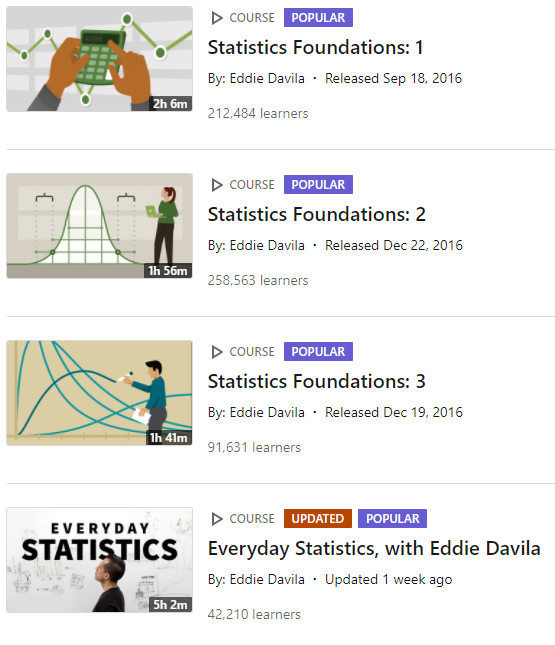
Here are just a few of the statistics ebooks you'll find in our EBSCO eBook Collection:
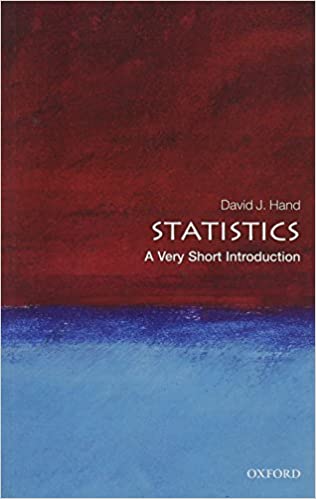 Statistics: A Very Short Introduction
Statistics: A Very Short Introduction
David J. Hand, 2008
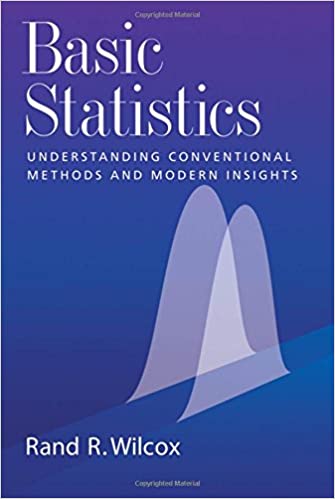 Basic Statistics: Understanding Conventional Methods and Modern Insights
Basic Statistics: Understanding Conventional Methods and Modern Insights
Rand R. Wilcox, 2009
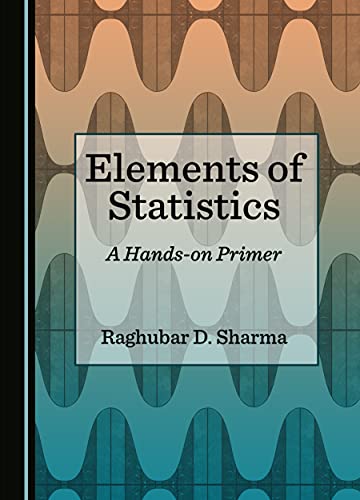 Elements of Statistics: A Hands-on Primer
Elements of Statistics: A Hands-on Primer
Raghubar D. Sharma, 2017
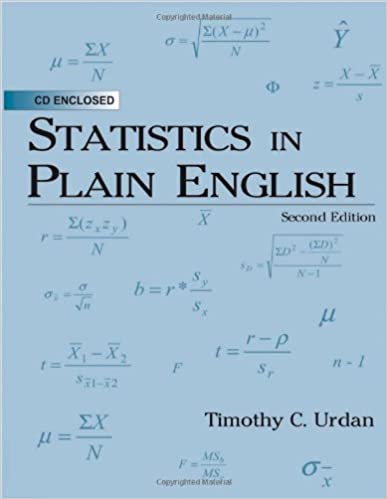 Statistics in Plain English
Statistics in Plain English
Timothy C. Urdan, 2005
Open Educational Resources (OER) are free and openly-licensed teaching materials. These materials are easy for educators to integrate with their existing courses and reduce costs for students.
The University of Minnesota's Open Textbook Library is an example of OER. This is a collection of more than 800 textbooks on a wide variety of subjects, freely available online to view or download. Educators can even adapt a textbook for their own needs, whether that's removing chapters or adding their own content. For those who prefer print, professionally printed copies are available at a fraction of the cost of most textbooks.
Lumen Learning is another example of OER. These are whole courses including textbooks, assignments, quizzes, interactive practice, videos, and more. Lumen Learning courses are free, online, mobile-friendly, adaptable, modular, and easy to integrate within D2L Brightspace (including grading).
Here are some of the statistics textbooks you'll find in the Open Textbook Library:
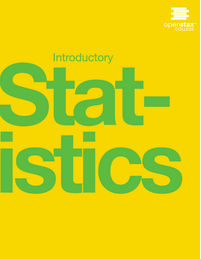 Introductory Statistics
Introductory Statistics
Barbara Illowsky, 2013
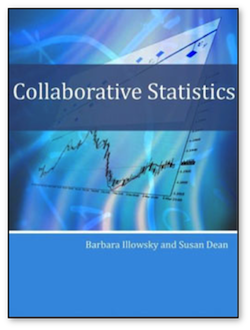 Collaborative Statistics
Collaborative Statistics
Barbara Illowsky, 2012
- Concepts in Statistics (Lumen Learning)
- Math 131A: Introduction to Probability and Statistics (UCI Open)
- Math 131B: Introduction to Probability and Statistics (UCI Open)
- MATH 146 – Introduction to Statistics (Open Course Library)
- Statistics: Diez, Barr & Cetinkaya-Rundel (Lumen Learning)
- Statistics: OpenStax (Lumen Learning)


